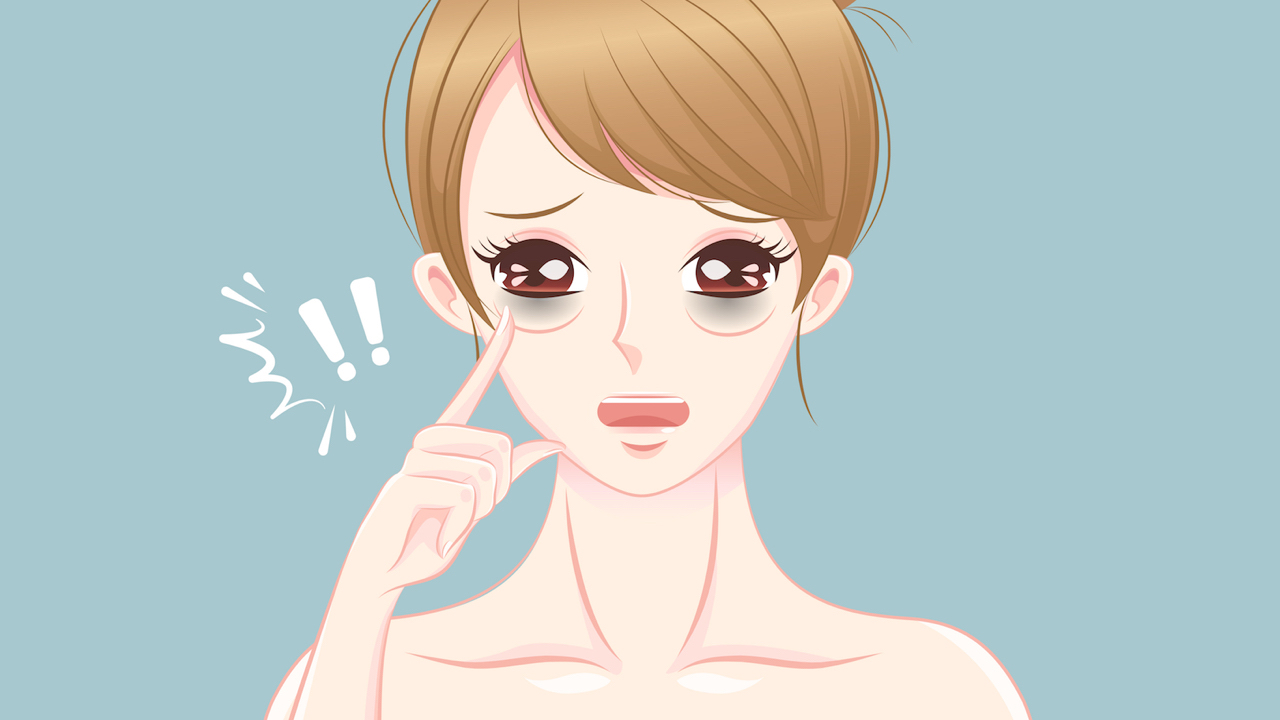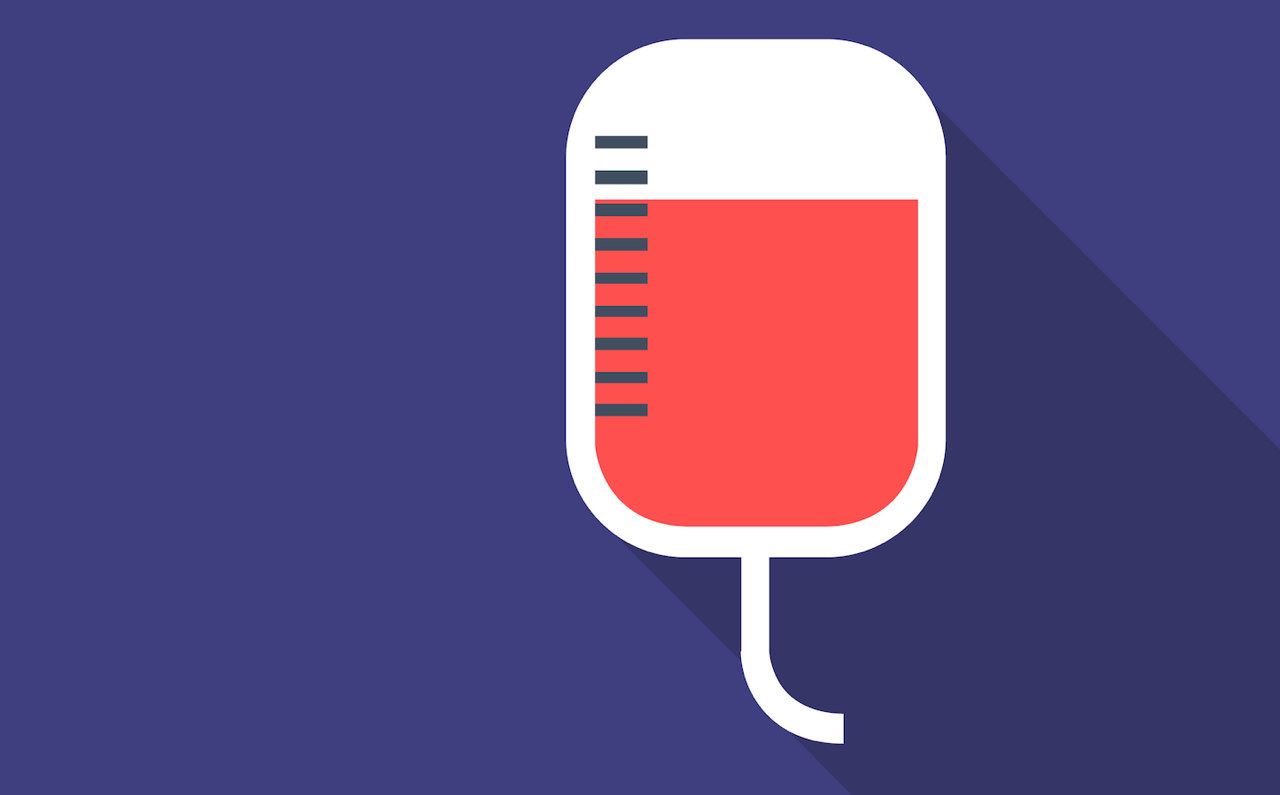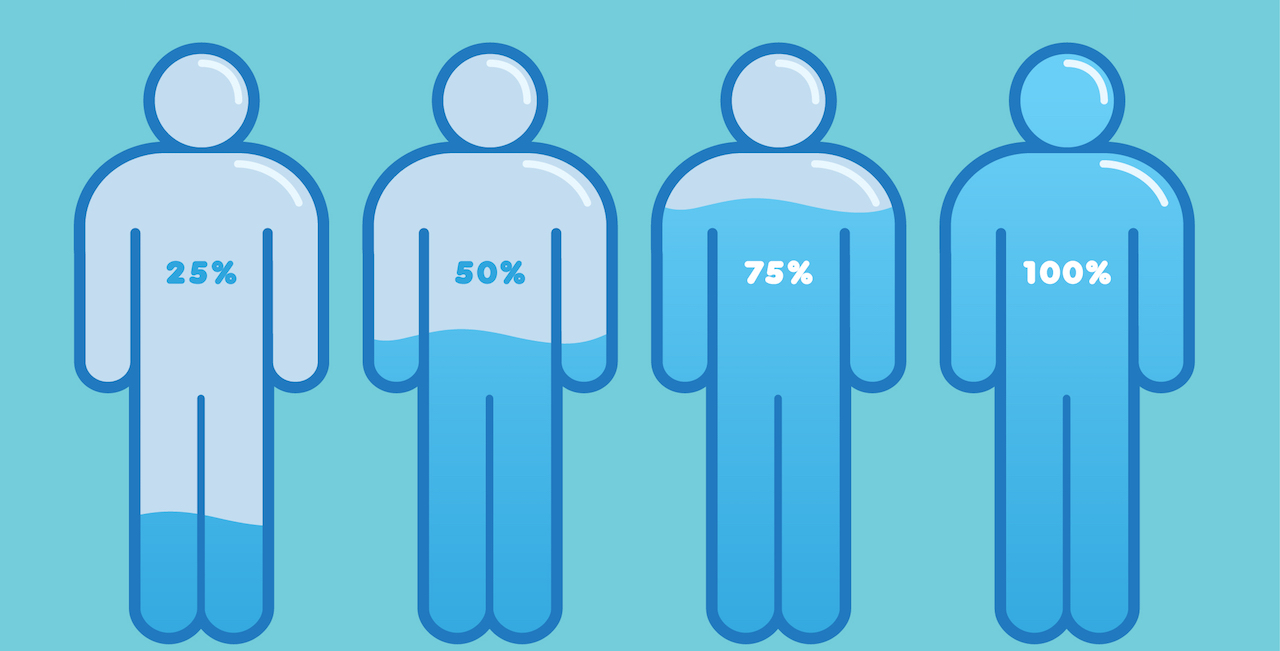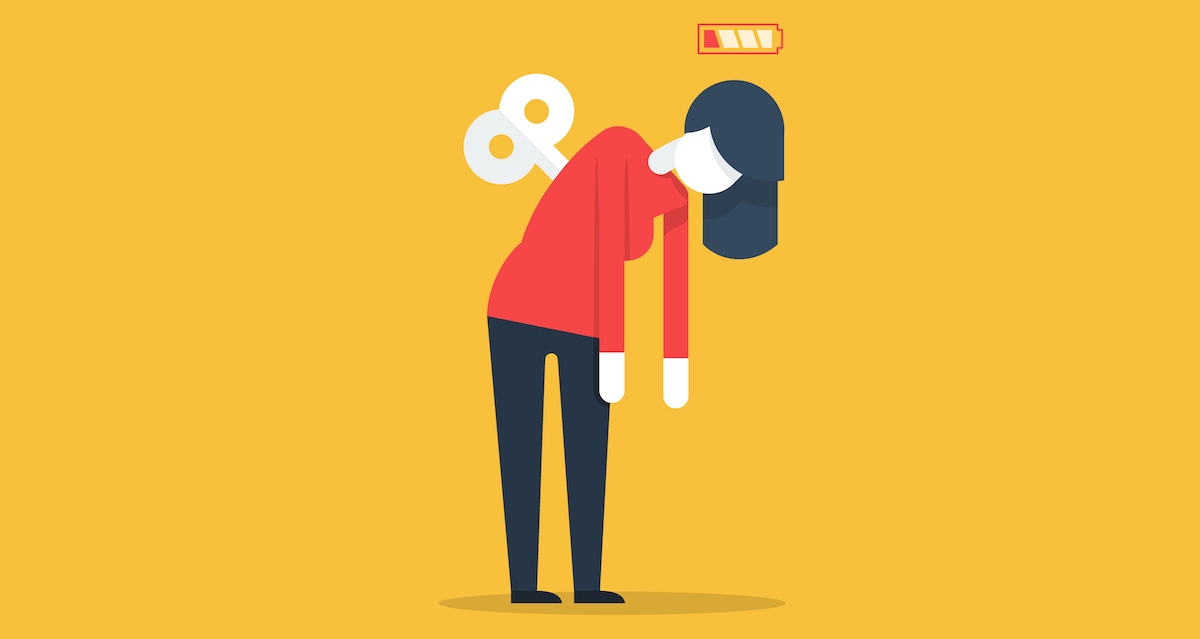Your alarm rings; it’s time to get ready for work. But that’s the last thing you feel like doing. You’re strung out and even the thought of facing your day is just too much. Is this just normal stress, or could it be burnout?
Think of burnout as a car running out of petrol, and the engine giving out. This is your body, packing up, giving out, and yelling, “Emergency!” It’s a state of physical and emotional exhaustion, as a result of long-term stress. Unlike normal stress, burnout doesn’t allow you to leave the negative feelings behind once you leave work and head home. It spills into every part of your life, leaving you drained.
Although burnout can be difficult to spot, there are a few warning signs.
- Taking your frustrations out on others
- Isolating yourself
- Procrastinating
- Skipping work and other responsibilities
- Feeling trapped and helpless
- Having a cynical and negative outlook on life
- Feeling tired and drained most of the time
- A sense of failure and constantly doubting yourself
- A change in appetite
- A loss of motivation
Get back on track
Burnout is not a permanent condition, and making a few changes in your everyday life can help you climb out of the rut.
Get some balance
If you’re constantly working overtime and find yourself practically living at work, it would make sense that you’d feel frustrated and worn out. Find a healthy balance between your work and social life, and make time to do things that you enjoy like hobbies or spending time with friends.
Relax
Try some new ways of relaxing which will ease stress from both your body and mind. You can try yoga, meditation and even deep breathing which will activate your body’s relaxation response.
Avoid negative people
If you’re burnt out, you’ll have a negative outlook on most things. Try to surround yourself with positive people who will help lift your spirits. In cases where you can’t avoid negative people, such as challenging family members, be proactive about not getting caught up in the toxicity. Limit your time with them, choose not to engage in drama, and simply walk away if it gets too much.
Catch some Z’s
Nothing will help you to feel like yourself again like sleeping well. Quality sleep helps your overworked body and mind to heal, so aim for at least seven to eight hours of sleep every night. Try going to sleep and getting up at the same time every day, wind down by doing something relaxing, and invest in blackout curtains for a restful slumber.
Find value
A lack of motivation could be because you don’t see value in your work or personal life. Focus on the aspects of life that you do enjoy. This will help you find motivation and purpose again. For example, do you enjoy writing poetry in your spare time? Does painting make you feel relaxed? What makes you smile, even if it’s once in a blue moon? Focus on that thing and do more of that to make you smile more often.
Reset
For some of us, even these small tweaks aren’t enough to get your mind and body back to a healthy space. In these cases, you might need time off from work. A longer break, and even some sessions with a therapist could be just what you need! The main thing is to not go at it alone – reach out and ask for help: our doctors are available 24/7!
References:
- https://www.ncbi.nlm.nih.gov/pubmedhealth/PMH0072470/
- https://www.mayoclinic.org/healthy-lifestyle/adult-health/in-depth/burnout/art-20046642?pg=2
- https://www.helpguide.org/articles/stress/burnout-prevention-and-recovery.htm
- https://www.psychologytoday.com/blog/high-octane-women/201311/the-tell-tale-signs-burnout-do-you-have-them
- https://www.helpguide.org/articles/sleep/getting-better-sleep.htm
- https://www.entrepreneur.com/article/245269









